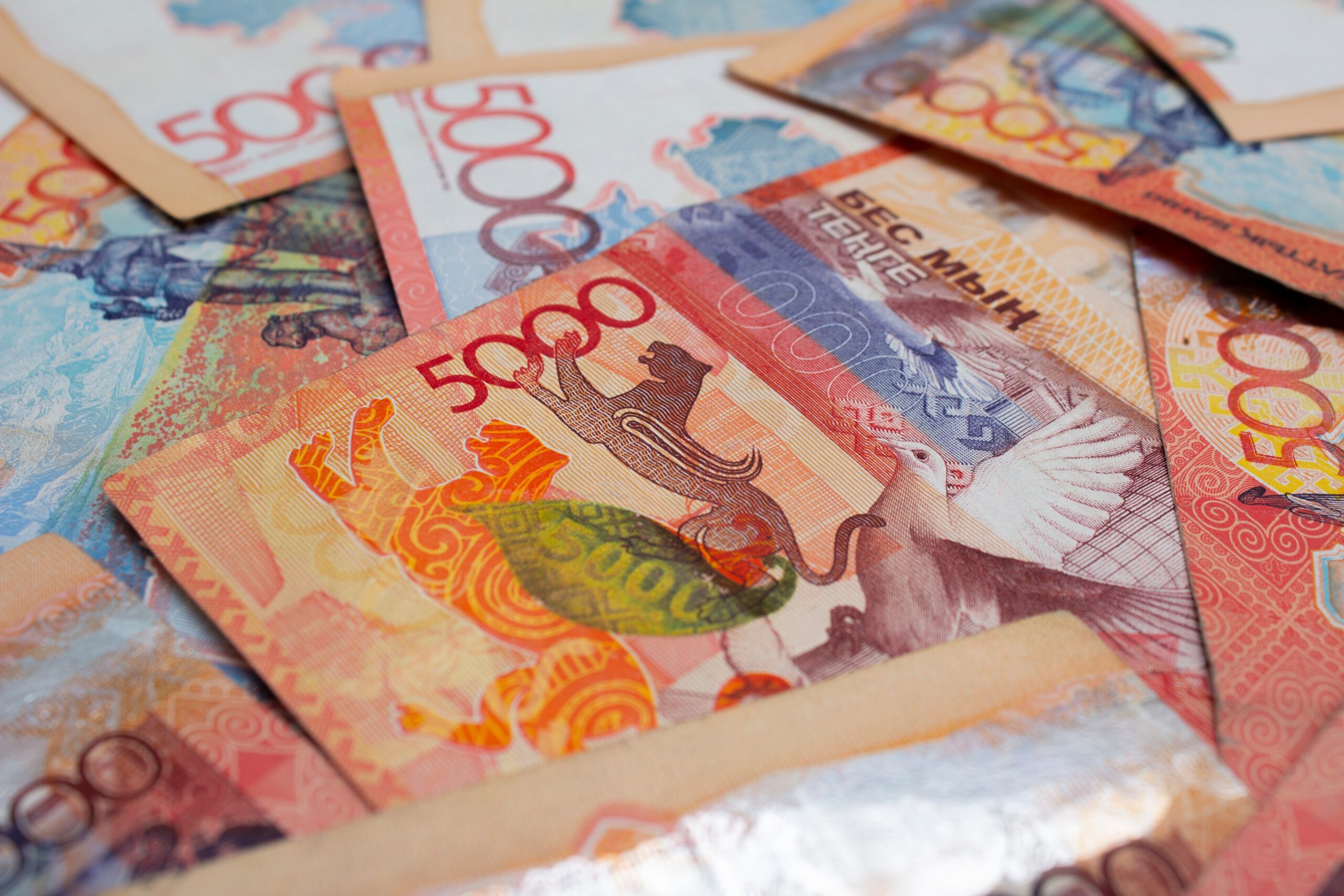ASTANA – President Kassym-Jomart Tokayev signed into law Kazakhstan’s budget for 2024-2026 on Dec. 6, reported the Akorda press service.

Photo credit: Shutterstock.
The bill was first presented on Sept. 11 in the Mazhilis, a lower chamber of the Kazakh Parliament, before endorsing it on Nov. 1. However, the Senate returned the bill to the Mazhilis with several amendments.
The senators’ proposals aim to augment funding for several key areas. Specifically, an additional allocation of 18.1 billion tenge ($39.2 million) has been suggested to support rural development through the implementation of the Auyl – El Besigi (Village is Cradle of the Nation) program.
To address clean drinking water issues, deputies insisted on allocating an additional 19.8 billion tenge ($42.8 million) to this sector. These funds are expected to enhance access to water supply services, reaching 99.5% in urban areas and 97.8% in rural areas, reported the Senate’s press service.
The deputies also proposed allocating an additional 5.1 billion tenge ($11 million) to address gasification problems, a concern for people living in regions, and allocating 13.3 billion tenge ($28.8 million) for the development of transportation infrastructure.
The Senate deputies voted for an extra allocation of 4.9 billion tenge ($10.6 million) to increase the salaries of public sector employees. In his state-of-the-nation address, President Tokayev instructed an increase in the minimum salary for public sector workers starting from Jan. 1, 2024. This raise will impact 354,000 people across the country who are currently earning less than 85,000 tenge ($184).
“The development of human capital, improvement of education and healthcare systems, and support for business and the agro-industrial complex are the key priorities of the three-year budget. The budget allocates funds needed for the implementation of crucial infrastructure and social projects,” said Senate Speaker Maulen Ashimbayev at a Nov. 23 meeting considering the budget plan.
The Mazhilis deputies endorsed all amendments on Nov. 30.
Overall, more than 40% of the budget expenditures are earmarked for the social sector. More about what sectors receive the biggest share of the budget is in the article published earlier by The Astana Times.
